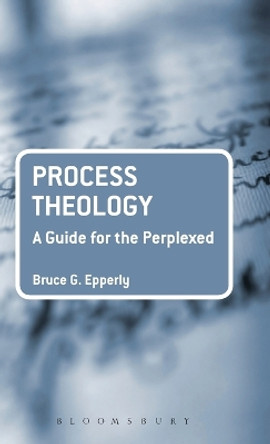Postliberal theology is a movement in contemporary theology that rejects both the Enlightenment appeal to a 'universal rationality' and the liberal assumption of an immediate religious experience common to all humanity. The movement initially began in the 1980's with its association to Yale Divinity School. Theologians such as Hans Frei, Paul Holmer, David Kelsey, and George Lindbeck were influential and were significantly influenced by theologians such as Karl Barth, Clifford Geertz, and Ludwig Wittgenstein. Postliberalism uses a narrative approach to theology, such as developed by Hans Frei, and argues that all thought and experience is historically and socially mediated. Michener provide the reader with an accessible introductory overview of the origins, current thought, potential problems, and future possibilities of postliberal theology. The basic philosphical and theological background are be briefly discussed, along with the seminal and predominant theologians identified with the movement. Michener shows how postliberalism emerges from the context of the postmodern critique of Enlightenment rationalism and empiricism. Postliberal theology is extremely critical of classical liberal theology, rather than an advancement of its agenda.
This volume offers a brief introduction to the Postliberal theologyAbout the AuthorDr. Ronald T. Michener is Associate Professor of Systematic Theology and Chair of the Department of Systematic Theology Evangelische Theologische Faculteit in Leuven, Belgium.
ReviewsNo one seeking to do theology today should be unaware of postliberalism; this text overall does a fine job of granting access to this school. -- Mark Mattes * Lutheran Quarterly *
Book InformationISBN 9780567030054
Author Ronald T. MichenerFormat Paperback
Page Count 176
Imprint T.& T.Clark LtdPublisher Bloomsbury Publishing PLC
Weight(grams) 260g









